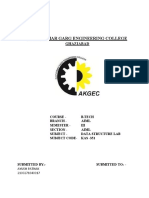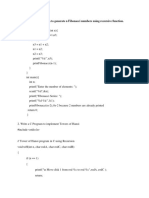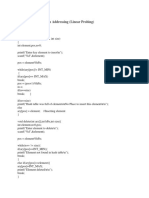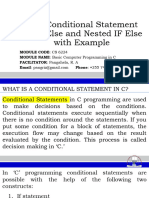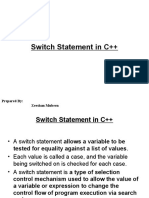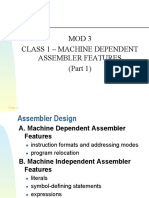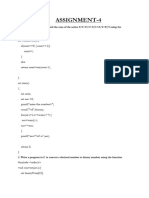0% found this document useful (0 votes)
15 views15 pagesData Structures Lab
Am not sur why you criminals are changing ths goal post
Uploaded by
Derek Dixman ChakowelaCopyright
© © All Rights Reserved
We take content rights seriously. If you suspect this is your content, claim it here.
Available Formats
Download as PDF, TXT or read online on Scribd
0% found this document useful (0 votes)
15 views15 pagesData Structures Lab
Am not sur why you criminals are changing ths goal post
Uploaded by
Derek Dixman ChakowelaCopyright
© © All Rights Reserved
We take content rights seriously. If you suspect this is your content, claim it here.
Available Formats
Download as PDF, TXT or read online on Scribd
/ 15




